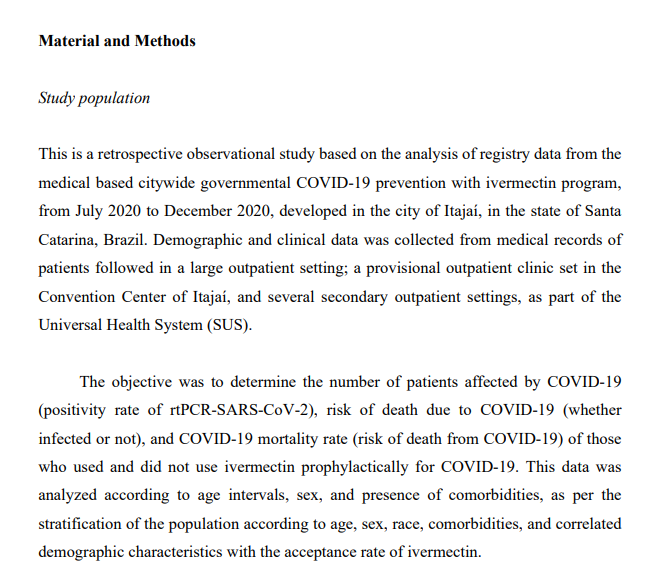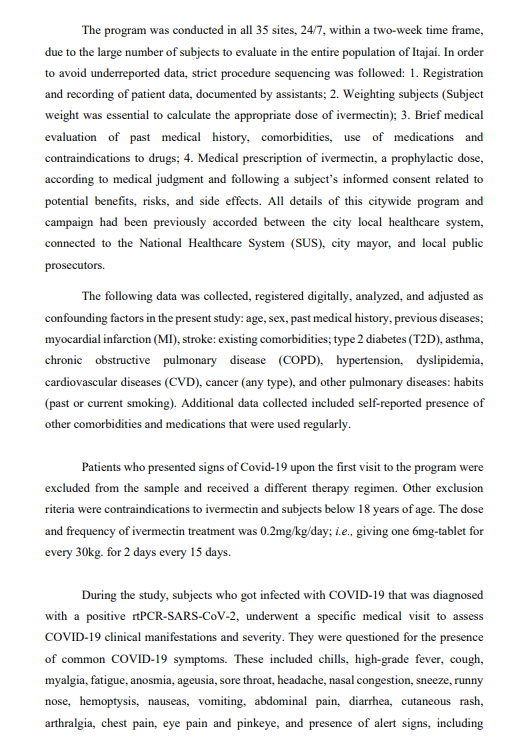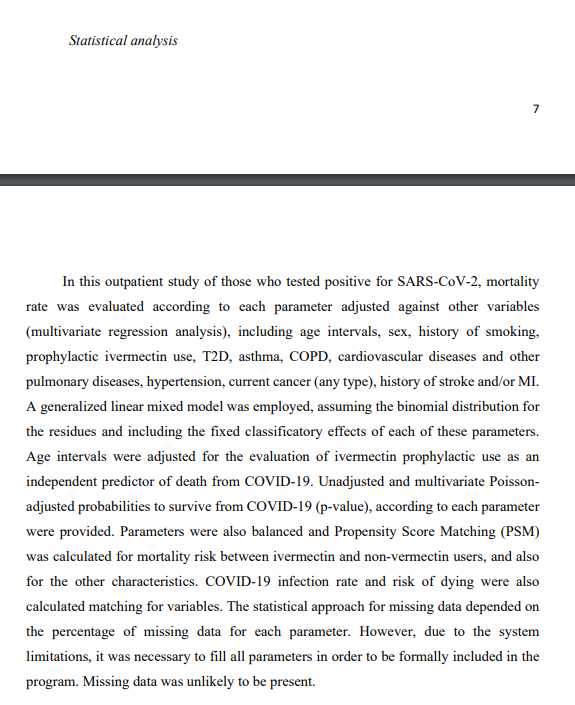
I think the tales of hydroxychloroquine, ivermectin, and fluvoxamine are such fascinating examples of the problem with accepting low-quality evidence for drugs
The argument for use of HCQ and IVM has always been that they are reasonably safe (true) and so the plausible benefit outweighs any harms. Conversely, until the positive RCTs of fluvox came in, it was FAR less popular because it does have quite a few side-effects
But it appears, at least in the case of HCQ, that there is definitely no benefit and there is a reasonable chance of modest harm. In this case, using the drug has almost certainly caused unnecessary deaths
For ivermectin, the jury is still out, and we may yet see a benefit. But if it does turn out not to be helpful, we'll have two of the most commonly-used medications for Covid-19 that have, by definition, only caused harm
Meanwhile, if we'd ignored all calls about IVM and HCQ, and simply given people fluvoxamine despite the side-effects, we'd probably have done a lot more good. Better still, if we'd had the trial results for these treatments much earlier on
It just goes to show that it can be quite dangerous to rely on theory in the absence of any good evidence, because drugs that are theorized to work in a certain way often don't in practice
It also shows how important it is to start planning for the next pandemic, because ideally we should be able to start this sort of trial almost immediately, and include every phase of disease including early and mild
To be very clear - fluvoxamine is the odd one out, it has good evidence for efficacy
• • •
Missing some Tweet in this thread? You can try to
force a refresh
















